Where Is THCA Flower Legal in the U.S.
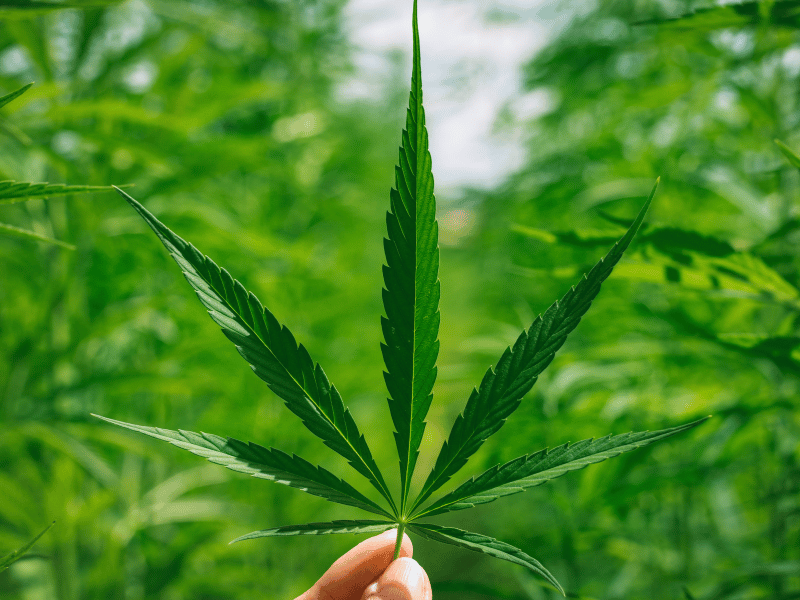
Navigating the legal landscape of cannabis and its derivatives can be a complex task. This is especially true for THCA flower, a product that exists in a gray area of U.S. law.
THCA, or tetrahydrocannabinolic acid, is a non-psychoactive compound found in raw cannabis. When heated, it converts to THC, the compound responsible for the "high" associated with marijuana.
However, THCA flower, derived from the raw cannabis plant, is not the same as marijuana. It's a distinction that has significant legal implications.
Federal and state laws often differ on the legality of cannabis products. This discrepancy can create confusion for consumers, retailers, and wellness brands alike.
The 2018 Farm Bill, which legalized hemp and its derivatives, further complicated matters. While it opened doors for the hemp industry, it also raised questions about the legal status of products like THCA flower.
Understanding the nuances of these laws is crucial. It's not just about knowing where you can legally buy and sell THCA flower. It's also about understanding the implications of these laws on the wellness industry and the communities it serves.
This article aims to provide a comprehensive guide on the legality of THCA flower in the U.S. We'll delve into the federal and state laws, the legal nuances of THCA versus THC, and how to buy THCA flower legally.
We'll also explore the impact of these laws on the wellness industry. From the challenges faced by growers and retailers to the role of community engagement in this legal landscape, we'll cover it all.
Lastly, we'll look towards the future. What potential changes could we see in THCA flower laws? How can advocacy groups and legal reform shape this future?
Whether you're a wellness brand founder, a marketing manager, or a social responsibility officer, this guide is for you. It's time to demystify the legal landscape of THCA flower.
Let's dive in.
Understanding THCA Flower and Its Legal Landscape
To grasp the legal intricacies of THCA flower, we must first comprehend what it is. Understanding its chemical structure and its differentiation from other cannabis products is essential. Moreover, the legal landscape is shaped by various factors, including federal and state laws, each with its own set of regulations. The Farm Bill of 2018 also plays a pivotal role in defining legal parameters for hemp-derived products. Here, we will explore these aspects to give a clearer picture of where THCA flower stands legally.
What Is THCA Flower?
THCA flower comes from the cannabis plant in its raw form. THCA, short for tetrahydrocannabinolic acid, naturally occurs in cannabis before it decarboxylates into THC through heat. Unlike THC, THCA is non-psychoactive, meaning it does not produce the "high" commonly associated with cannabis consumption.
Many enthusiasts value THCA flower for its potential wellness benefits. It's believed to possess anti-inflammatory and neuroprotective properties. Users seeking holistic wellness solutions often explore THCA as a supplement. Its distinction from THC makes it a topic of interest in legal discussions about cannabis products.
Federal vs. State Laws on Cannabis and Its Derivatives
Cannabis legality in the U.S. is a patchwork of federal and state laws. Federally, cannabis remains classified as a Schedule I substance, making it illegal under federal law. However, hemp, defined as cannabis with less than 0.3% THC, is legal under the 2018 Farm Bill. THCA flower often falls into a gray area between these definitions.
State laws can further complicate the situation. While some states have embraced the legalization of cannabis, others remain restrictive. These disparities require consumers and businesses to navigate a complex legal environment. Knowing the laws specific to each state is crucial when dealing with THCA flower.
The 2018 Farm Bill and Its Impact on Hemp-Derived Products
The 2018 Farm Bill was a landmark piece of legislation for the hemp industry. It legalized hemp and its derivatives, provided they contain less than 0.3% THC. This change opened the market for hemp-derived products, including THCA flower.
However, the Farm Bill did not clarify the legal status of THCA explicitly. As a result, businesses and consumers operate in a space that's both promising and legally uncertain. Understanding this context is vital for those looking to engage with THCA flower responsibly and legally.
The Legal Nuances of THCA vs. THC
The legal differences between THCA and THC are fundamental in understanding cannabis regulation. Despite their chemical similarities, they have distinct legal standings which impact their use and sale. Grasping these nuances helps navigate the landscape of cannabis laws, which vary widely across the country. As we explore these distinctions, we gain insight into the unique position of THCA in the broader context of cannabis legality.
The Chemical Distinction and Legal Implications
THCA and THC share an essential bond but differ significantly at the molecular level. THCA, or tetrahydrocannabinolic acid, is the precursor to THC, yet it lacks psychoactivity. This means that THCA does not produce the psychoactive effects typically associated with THC. As a result, THCA is often discussed for its potential therapeutic benefits rather than recreational use.
Legally, this distinction matters greatly. While THC is heavily regulated due to its psychoactive properties, THCA's non-psychoactive nature places it in a gray area. This grayness leads to varied legal interpretations across states. Some jurisdictions recognize THCA under the hemp category if derived from legal plants. Others, however, view it with suspicion due to its potential to convert into THC.
DEA's Stance on THCA and Current Federal Position
The Drug Enforcement Administration (DEA) plays a vital role in shaping federal stances on cannabis substances. As of now, the DEA's classification of cannabis does not explicitly separate THCA from THC. This lack of differentiation at the federal level leaves THCA in a precarious position legally.
Federal law still treats cannabis-related substances stringently. The Farm Bill offers some leeway for hemp-derived products, yet clarity on THCA remains elusive. Consequently, stakeholders often rely on state-specific guidance to determine THCA's legality. This reliance underscores the importance of monitoring both federal and state developments in cannabis law. As laws continue to evolve, the position of THCA may become more defined.
State-by-State Analysis of THCA Flower Legality
Understanding THCA flower legality requires a granular look at state laws. Each state has developed its unique stance, influenced by federal guidelines and local attitudes toward cannabis. This section breaks down how different states approach THCA flower, delineating clear from murky territories. For wellness industry stakeholders, this knowledge is crucial in navigating legal complexities.
States Where THCA Flower Is Legal
In certain states, THCA flower enjoys legality due to progressive cannabis laws. These states often classify THCA within the legal framework established for hemp-derived products. In states such as California and Colorado, cannabis-friendly policies pave the way for THCA acceptance. Both states have legalized cannabis for recreational and medicinal use, embracing a broader understanding of cannabis derivatives.
Oregon also stands out for its supportive stance on cannabis. Here, THCA is recognized as a legal product, owing to its non-psychoactive nature. Oregon's laws focus on harm reduction and therapeutic benefits, aligning with THCA's potential. Similarly, Washington's legislation permits the sale of THCA flower, given the state's comprehensive cannabis laws. Washington's approach underscores the separation of THCA from THC's psychoactive use.
In states like Vermont and Maine, progressive cannabis policies promote the acceptance of THCA flower. Both have embraced cannabis reforms that include legal frameworks for hemp products. Thus, THCA, being non-psychoactive, qualifies under these hemp-friendly policies. This acceptance underscores a growing acknowledgment of cannabis's diverse potential.
Nevada also exemplifies cannabis-friendly policies. With legalized recreational use, Nevada permits THCA flower under its broader cannabis laws. The state's emphasis on regulation and consumer safety benefits THCA products, expanding legal avenues. These states demonstrate the potential for THCA acceptance within a supportive legislative environment.
States with Ambiguous or Restrictive THCA Laws
In contrast, some states present ambiguity regarding THCA flower legality. This ambiguity often stems from unclear definitions in cannabis regulation or restrictive views on cannabis derivatives. For example, Texas maintains strict cannabis laws that challenge THCA's legality. Despite a hemp program, regulatory confusion remains, limiting THCA acceptance.
Florida also exemplifies this murky legal landscape. Although medical cannabis is legal, THCA flower lacks specific statutory clarity. This absence leaves THCA in a legal limbo, challenging stakeholders to navigate uncertain laws. Likewise, Idaho's stringent cannabis policies hinder THCA acceptance. The state does not differentiate between hemp and cannabis derivatives, complicating THCA legality.
States like Kansas also illustrate legal challenges. Despite having a hemp program, Kansas has not provided clear guidance on THCA flower. This lack of specificity creates a risky environment for THCA commercialization. Furthermore, states such as Nebraska enforce strict cannabis laws that do not accommodate THCA products. This restrictiveness impacts availability and acceptance.
In states like Indiana, restrictive cannabis policies create legal hurdles for THCA. Although hemp is recognized, the state's stance on derivatives is conservative, complicating THCA's legal status. Similarly, South Dakota presents challenges with its strict cannabis regulations. Despite some hemp provisions, THCA flower remains legally ambiguous, necessitating cautious commercial endeavors.
Mississippi also grapples with restrictive cannabis views that impact THCA acceptance. This state's legislation lacks clarity regarding non-psychoactive cannabis products. Moreover, states such as Alabama maintain stringent cannabis laws, challenging THCA legality. The state's conservative stance limits the introduction and sale of THCA flower, creating barriers to market entry.
Legal nuances in these states highlight the complexities of cannabis regulation. For wellness brands, understanding this landscape is paramount for legal compliance and strategic planning. As states continue to refine their cannabis policies, stakeholders must adapt and advocate for clearer legislative guidance on THCA products.
How to Buy THCA Flower Legally
Navigating the purchase of THCA flower involves understanding both legality and quality assurance. For consumers and businesses, knowing how to buy legally is crucial. Legal THCA flower must comply with state laws that can vary significantly. Buyers should first confirm if THCA is legal in their state.
Certification and lab testing play key roles in this process. Reputable sellers offer certified products, ensuring compliance with local regulations. Consumers should look for transparency in product testing. This guarantees that the THCA flower meets safety and legal standards.
Understanding the seller’s reputation is also vital. Consumers should research vendors, focusing on those with positive reviews and clear compliance statements. This insight helps ensure purchases are made from trustworthy sources. It also minimizes legal risks associated with non-compliant products.
Finally, being informed about changing laws can prevent legal issues. Regulations around THCA flower are evolving. Staying updated helps consumers make informed choices and maintain compliance with state requirements. Legal purchases protect both the buyer and the broader industry.
Understanding Lab Testing and Certification
Lab testing and certification validate the legality of THCA flower. Products should undergo rigorous testing to verify their contents and compliance. These tests assure buyers of the purity and potency of the THCA flower. Certified products often display lab results visibly.
Certification from recognized bodies ensures legitimacy. It confirms adherence to state-specific legal guidelines. Buyers should prioritize products with such certifications. This practice not only enhances consumer safety but also reinforces trust in the wellness industry.
Navigating Retail and Online Purchases
Purchasing THCA flower requires attention to detail in both retail and online settings. Retail purchases offer the advantage of direct consultation. Consumers can ask questions and verify product details on the spot. This direct interaction aids in informed decision-making.
Online purchases demand careful scrutiny of vendor credibility. Consumers should look for sellers with clear information on legal compliance and lab testing. Reading customer reviews can provide insights into the vendor’s reliability. These steps help ensure a safe and legal buying experience.
The Impact of THCA Flower Legality on the Wellness Industry
The legal status of THCA flower influences every level of the wellness industry. This includes cultivation, distribution, and end-user experience. Each stakeholder, from growers to consumers, encounters unique challenges and opportunities.
A clear legal framework can provide stability. It allows growers and retailers to innovate confidently, knowing the legal risks are managed. Conversely, legal uncertainties can hinder these advancements, creating a landscape fraught with caution.
Positive impacts arise when businesses leverage compliance to build trust. When brands demonstrate adherence to laws, they foster loyalty among informed consumers. This trust can drive growth, allowing brands to expand their market presence within legal parameters.
Moreover, legality can shape public perception of THCA flower. When products are legal and legitimate, they enter mainstream wellness discussions. This visibility can enhance societal acceptance and support ongoing advocacy efforts.
However, the complexity of navigating differing state laws remains a barrier. Businesses that can adeptly manage these disparities will likely enjoy competitive advantages. These advantages can translate into market leadership and consumer preference.
In this evolving legal framework, adaptability and education remain crucial. Brands must stay informed, both to comply with current laws and to anticipate future changes. This proactive approach benefits the entire industry by fostering innovation and integrity.
Challenges for Growers, Retailers, and Consumers
Growers face strict regulations that dictate how THCA flower can be cultivated. Compliance with these rules is essential, yet costly and time-consuming. Navigating these challenges requires resources and knowledge of the legal landscape.
Retailers must carefully select and verify their stock. They bear the responsibility of ensuring products meet legal standards. Failure to do so can result in penalties or loss of business credibility.
Consumers, on the other hand, need clarity and assurance about their purchases. Navigating varying state laws can be daunting. Consumers must actively seek information to ensure they are buying legally and safely.
Marketing and Community Engagement in the Legal Landscape
Marketing THCA flower requires creativity and caution. Brands must highlight their compliance while conveying their product's benefits. This balance is critical in a market with fluctuating legal parameters.
Community engagement is another vital aspect. Brands that invest in educating their communities about THCA legality build stronger connections. This involvement not only supports sales but also contributes to legal reform advocacy.
Moreover, storytelling becomes a powerful tool. By sharing their journey towards legal compliance, brands can build deeper trust and authenticity. This approach connects consumers with the brand's mission, reinforcing their market position amidst legal uncertainties.
The Future of THCA Flower Laws and Advocacy
The legal framework surrounding THCA flower is poised for evolution. As understanding of its benefits grows, so does the pressure for clarity and consistency in laws. Stakeholders across the wellness sector anticipate pivotal changes that will influence the production and sale of THCA products.
This anticipated shift provides a unique opportunity for industry players to adapt strategically. Companies prepared to align with new regulations will likely gain a competitive edge. They can lead the market by setting standards for innovation and compliance.
Furthermore, increased dialogue and research could lead to more uniform laws. This development would ease interstate commerce and reduce complexities for businesses and consumers. It is a future where cooperation between legal authorities and industry leaders becomes indispensable.
However, transformation will not occur overnight. Ongoing advocacy and education are necessary to achieve substantial legal reform. Stakeholders must remain vigilant and proactive in their efforts to influence policy.
Potential Changes and Industry Adaptation
Potential legal changes could focus on standardizing regulations across states. This uniformity would simplify compliance and encourage broader investment in THCA products. Businesses that anticipate these changes and adapt their practices accordingly will be well-positioned to benefit.
Innovation will be essential for industry adaptation. Companies must develop products that meet evolving legal and consumer demands. Flexible strategies will allow businesses to adjust smoothly to the changing legal landscape, ensuring continued success.
The Role of Advocacy Groups and Legal Reform
Advocacy groups are crucial in driving legal reform for THCA flower. These organizations champion the benefits and necessity of THCA, influencing public opinion and regulatory decisions. Their efforts can spur legislative action towards more transparent and favorable laws.
Collaboration between advocacy groups and the industry enhances the push for reform. Together, they can educate lawmakers and the public. This joint action fosters a united front, accelerating the journey towards comprehensive and fair legal standards for THCA flower.
FAQs on THCA Flower Legality
Understanding the legality of THCA flower can be challenging. Here are some frequently asked questions to help clarify common concerns. This section addresses key questions that many consumers have about THCA flower. Reading these FAQs will provide a quick overview of critical legal aspects.
Is THCA Flower Legal in the U.S.?
THCA flower legality varies by state, despite federal guidelines. Always check state-specific laws for accurate information.
Can I Travel with THCA Flower Between States?
Traveling with THCA flower across state lines is risky due to differing state laws. Confirm destination legality first.
Will THCA Flower Cause a Positive Drug Test?
THCA can convert to THC, possibly leading to positive tests. Be cautious with consumption if drug tests are a concern.
How Can I Stay Informed About THCA Flower Legality?
Stay updated by consulting reliable sources and legal advisors. They provide timely information on changing THCA laws.
What Should I Do If I'm Unsure About the Legality of THCA Flower in My State?
If uncertain, seek guidance from legal professionals or local authorities. Ensuring compliance is crucial for safe usage.
No comments

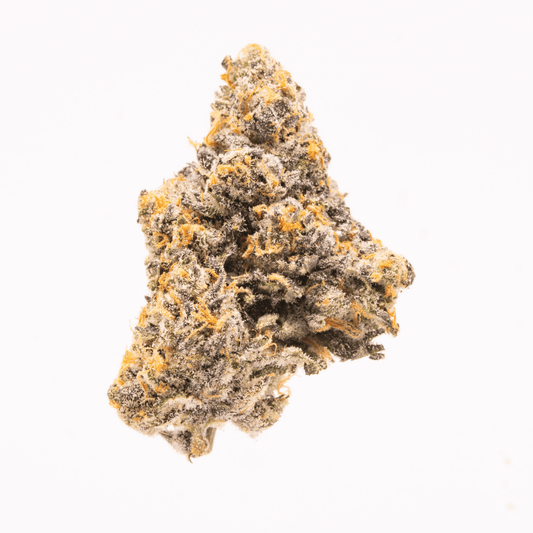
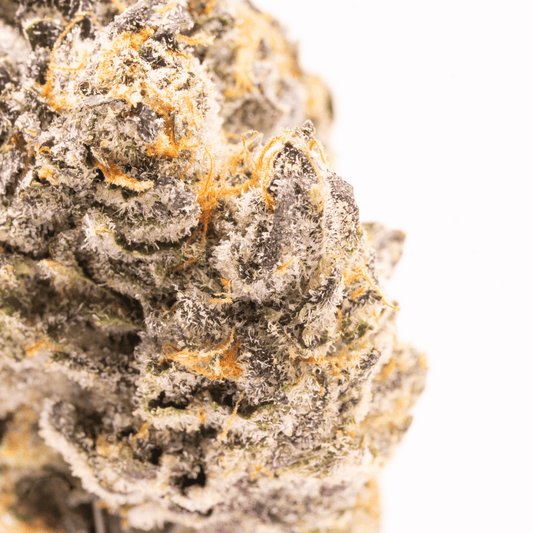
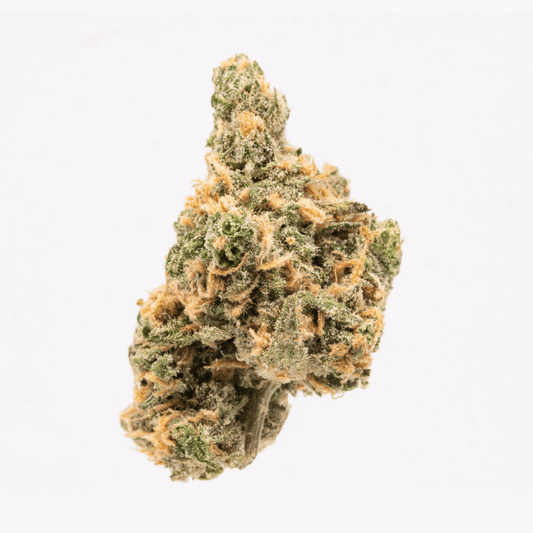
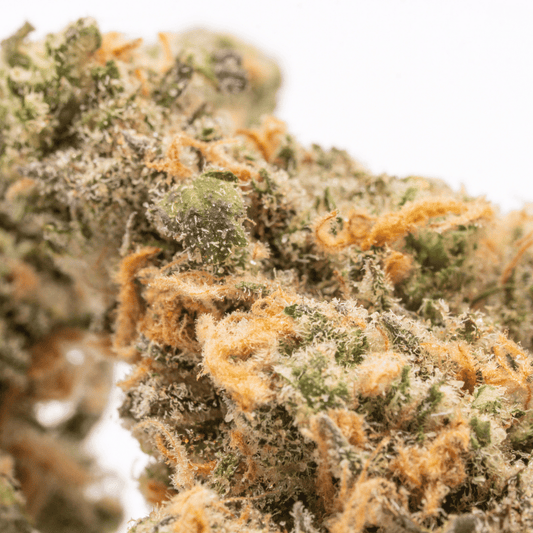
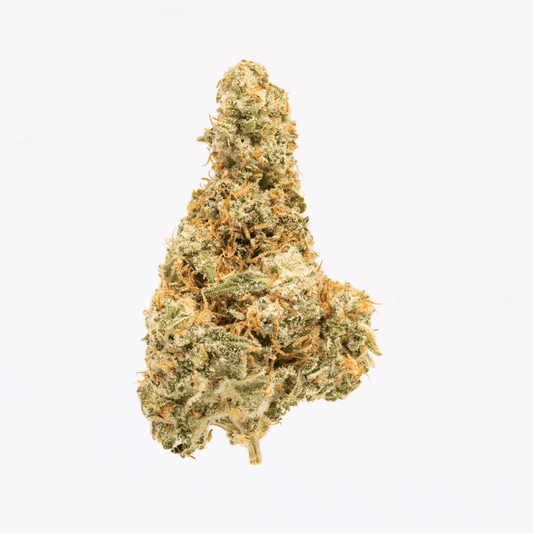
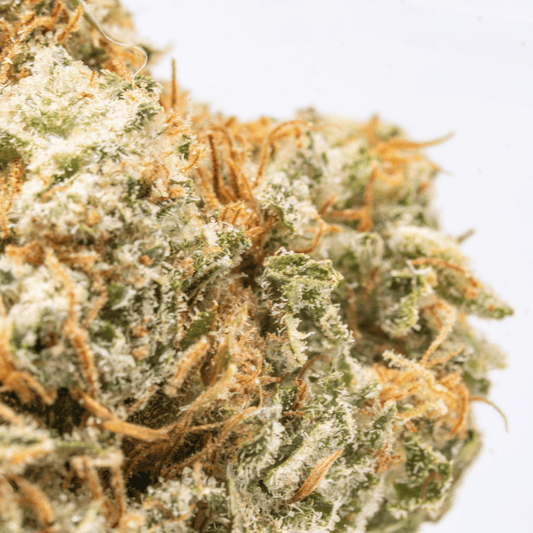
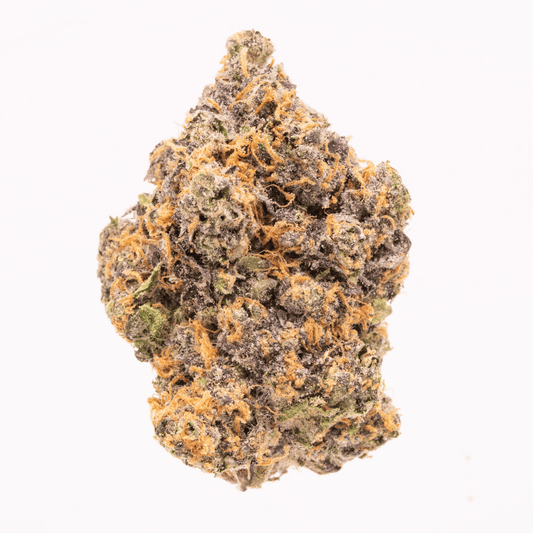
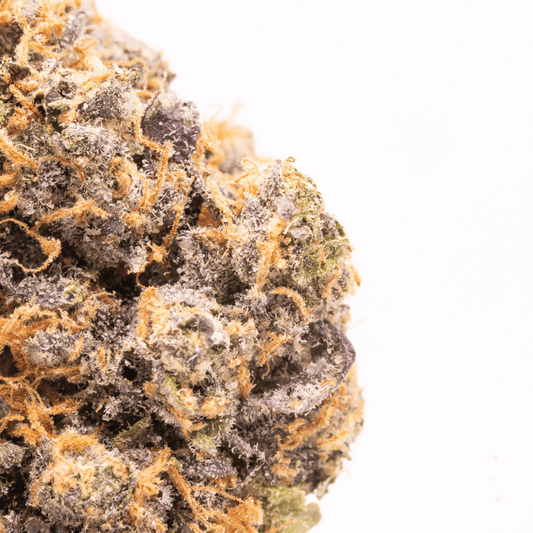
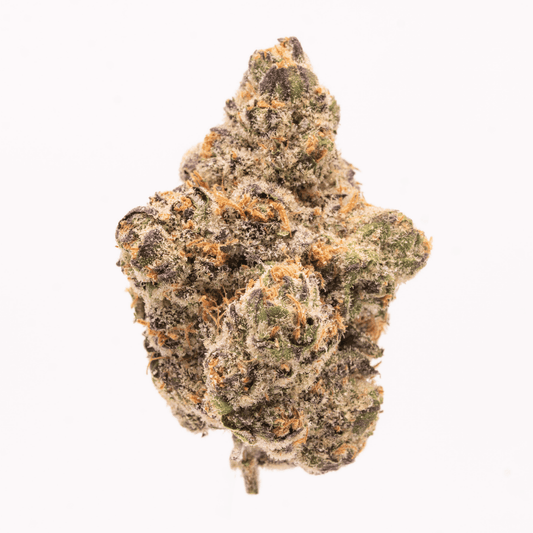
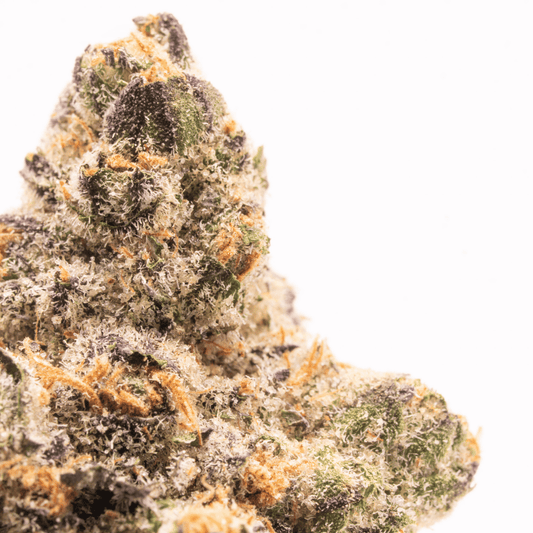
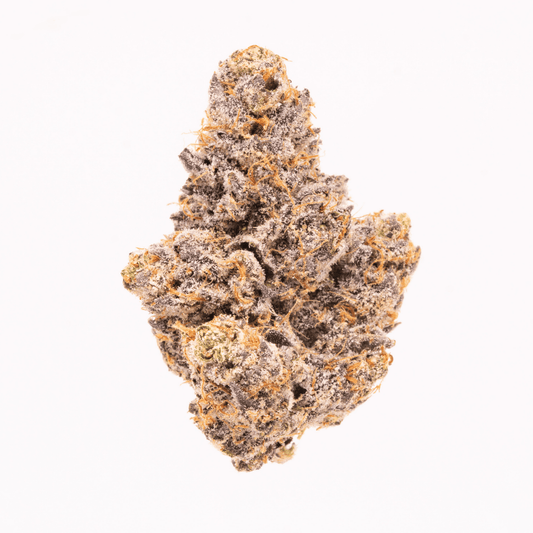
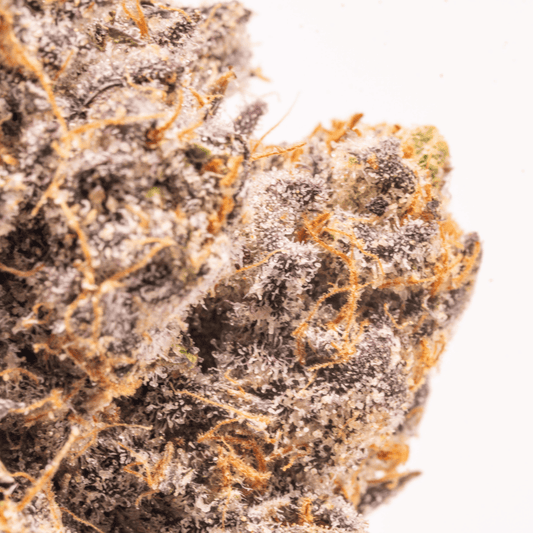
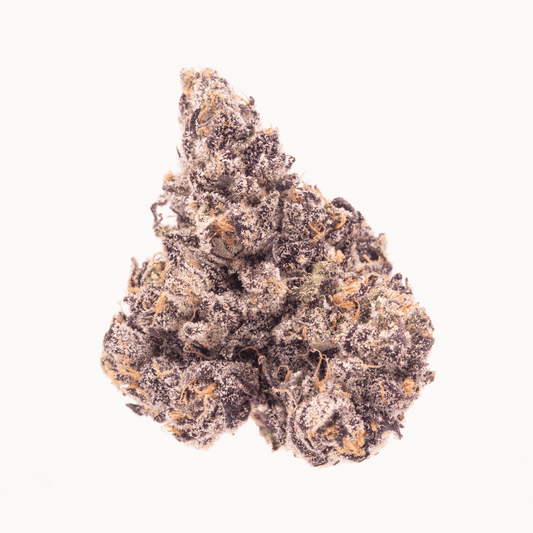
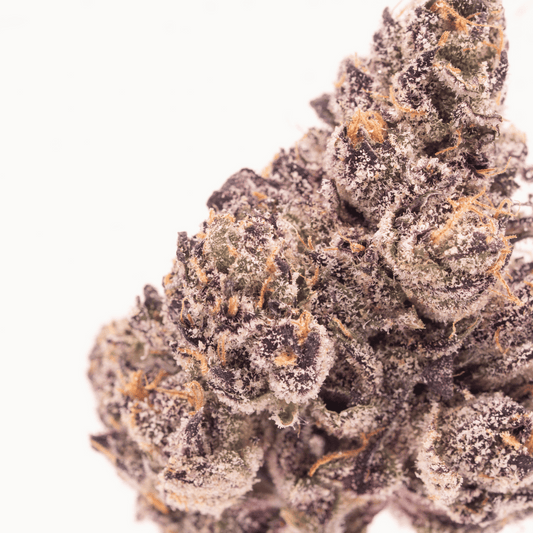
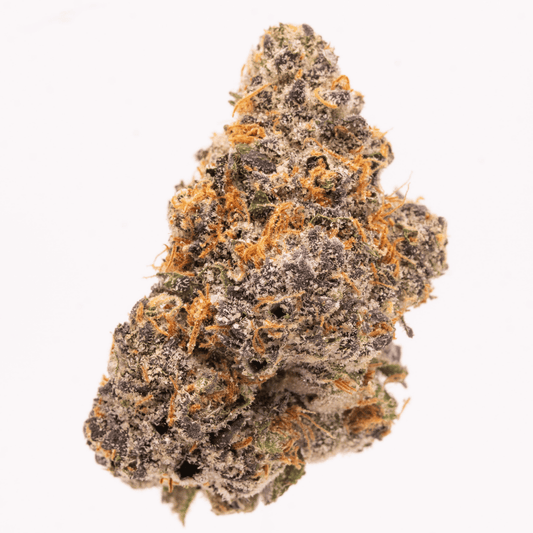
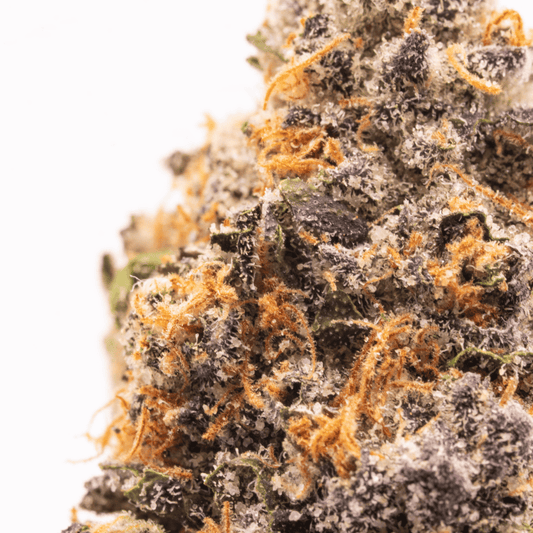
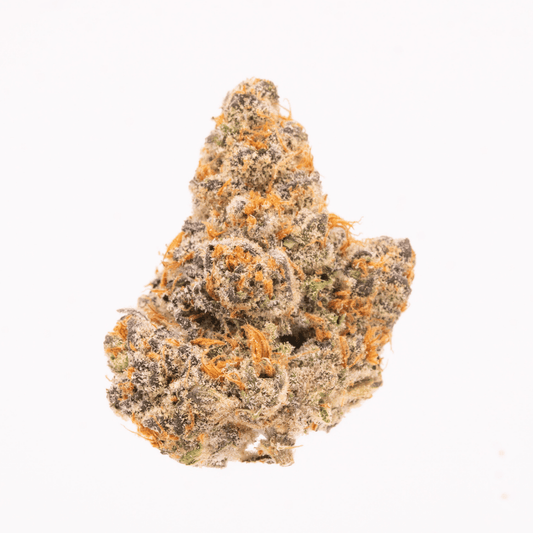
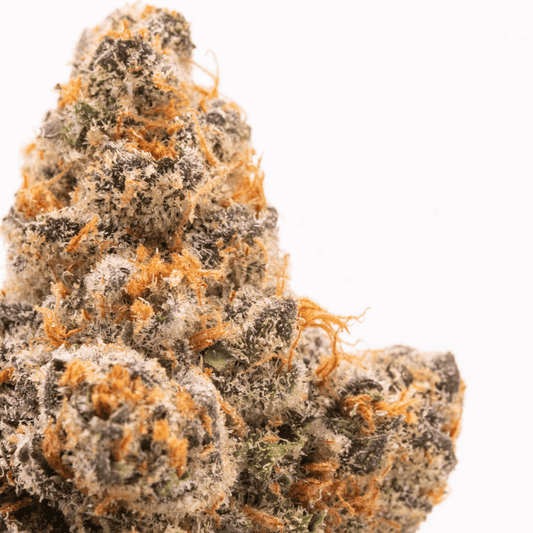
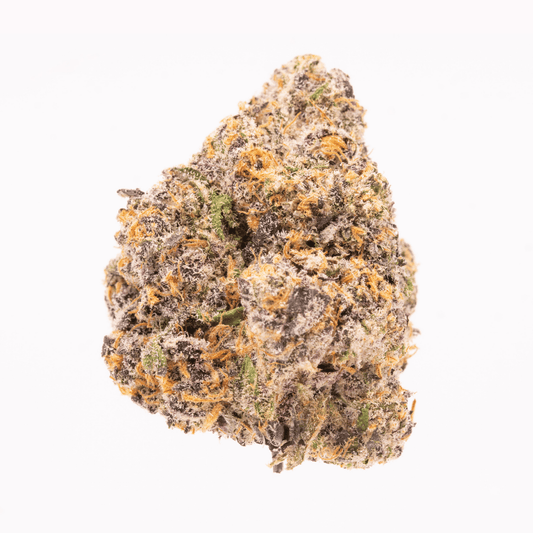
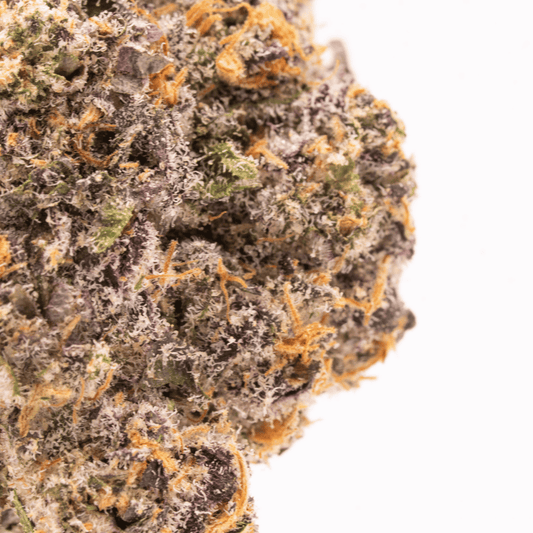
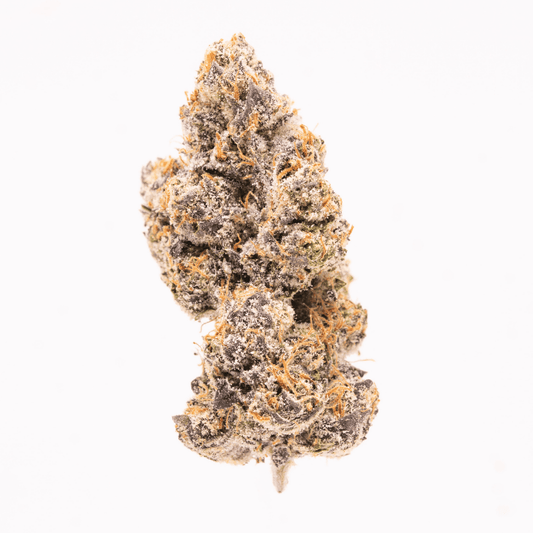
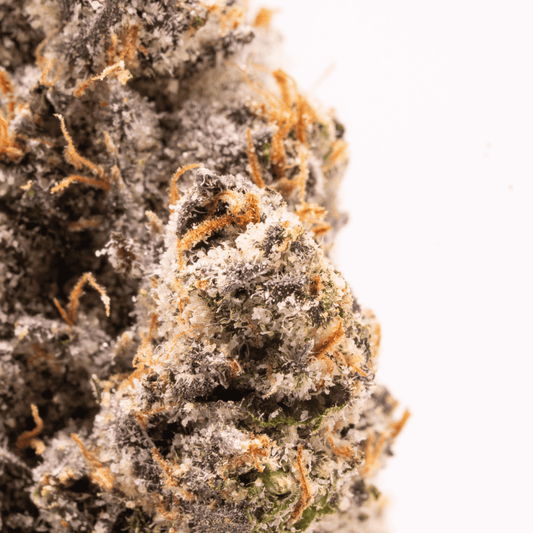
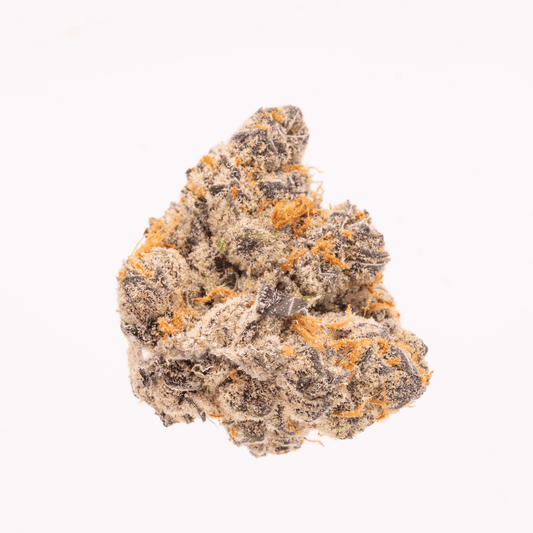
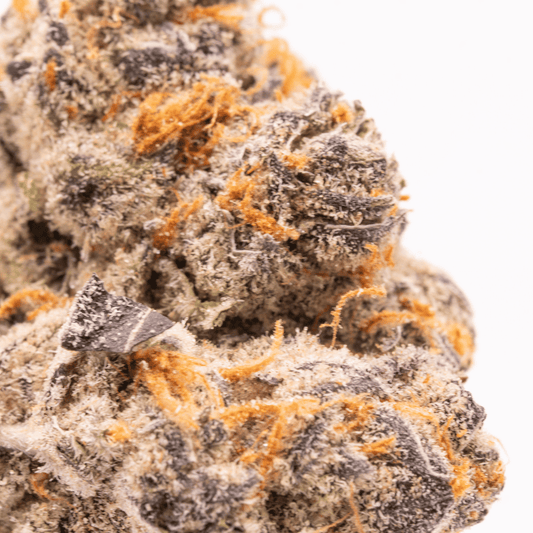
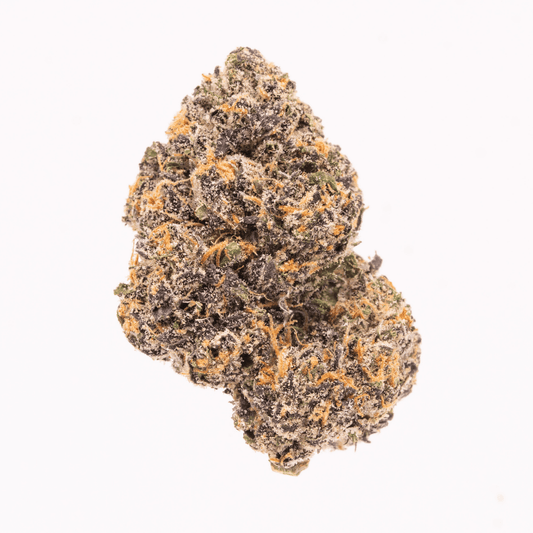
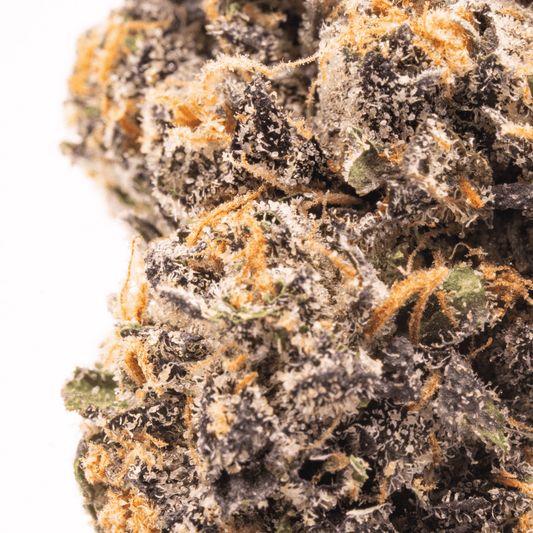
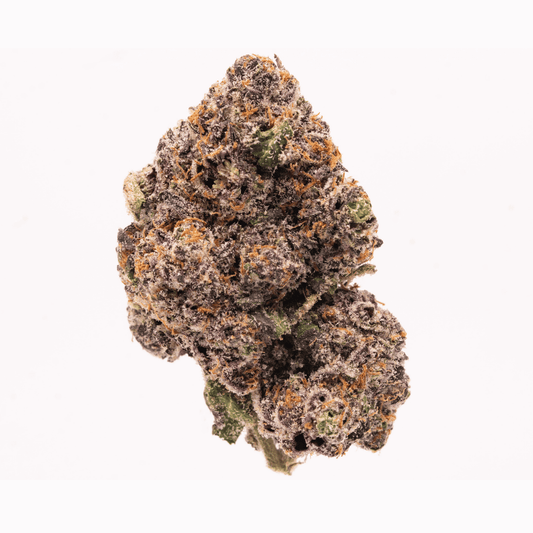
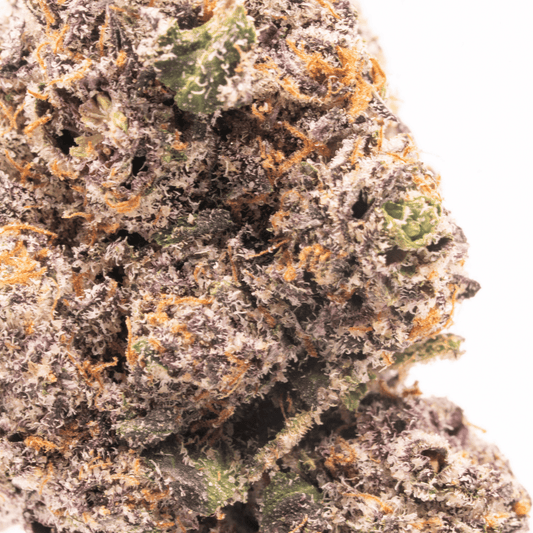
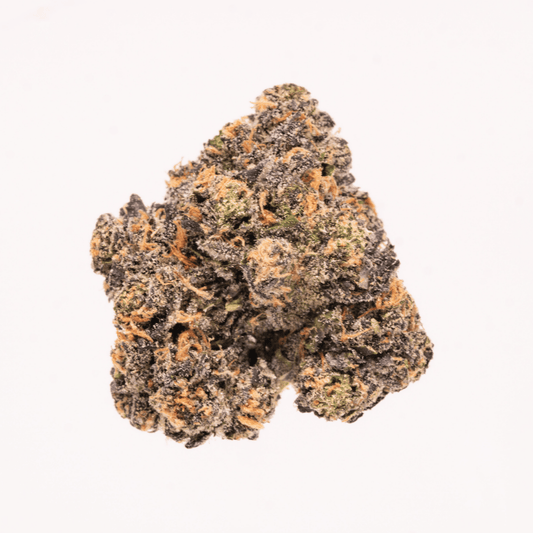
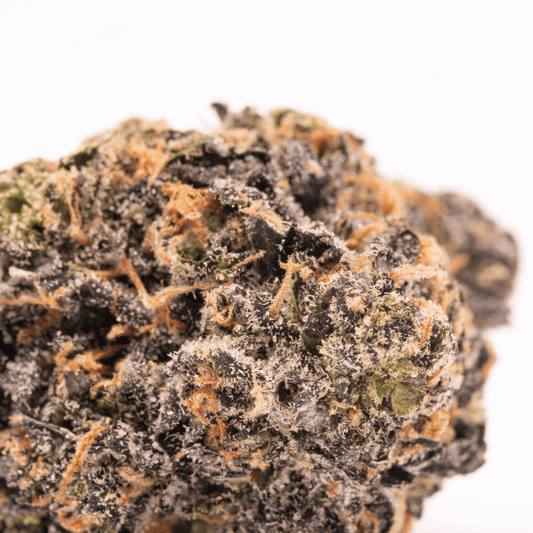




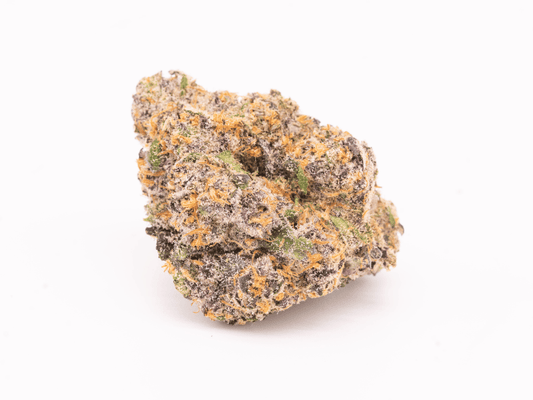



0 comments